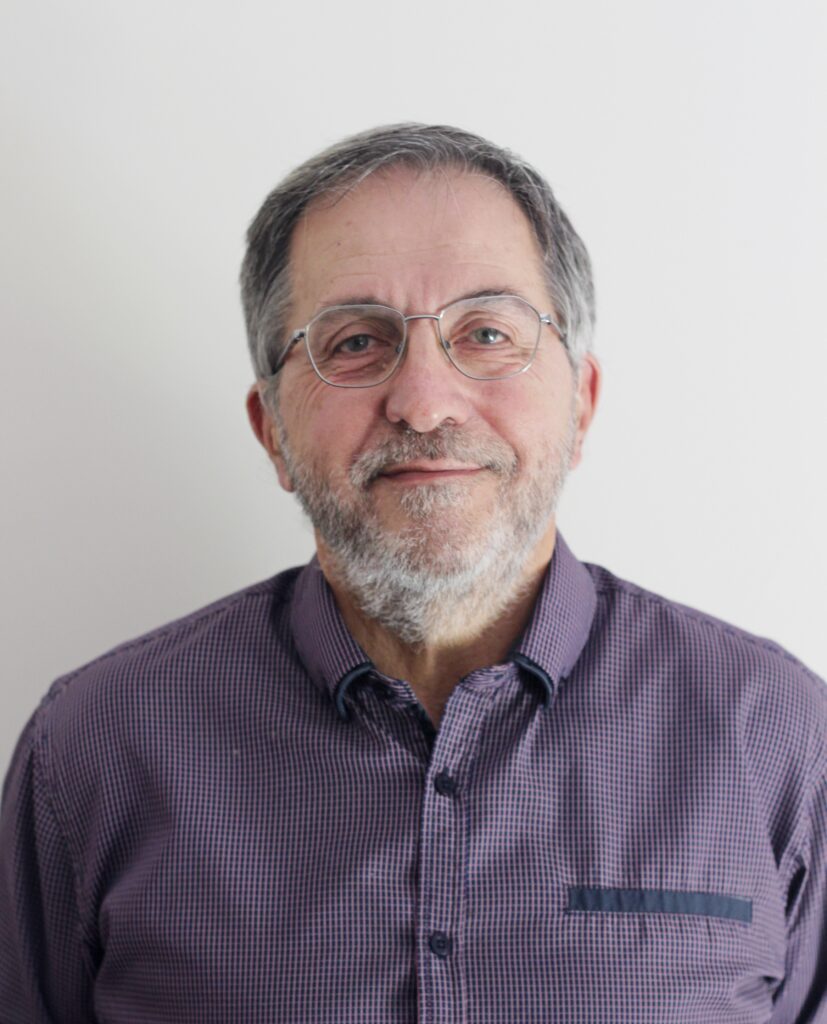My name is Pieter van Rensburg, and I hail from the diverse landscapes of South Africa. It was there that I honed my skills and knowledge, becoming a registered clinical and counselling psychologist. After a fruitful 12-year practice in the scenic New Zealand, I boldly decided to ‘jump the ditch’ and set my sights on Australia.

My work as a psychologist was moulded across time by several factors impacting:
- My worldview,
- My approach towards psychology as reflected in training, and,
- My experiences with patients/clients since I started.
I believe every individual, regardless of age and gender, is entitled to human rights, which should be safeguarded and nurtured. I view each person through the lens of Maslow’s hierarchy, believing everyone should have the opportunity to reach their full potential. A human being is not just a psycho-social-biological entity, but a complex being who could also select spiritual and cultural needs. I advocate for the holistic development of these areas, as I believe it should be the goal of every individual.
Identifying a singular theory that guides my practice as a psychologist is challenging, as various psychological theorists and models have shaped my approach. The field of psychology facilitates personal growth through the knowledge I acquired, and I have been influenced by several key theories throughout my career.
For instance, the Rogerian approach, emphasising the significance of the psychologist-client relationship, has profoundly impacted my practice. Additionally, the psychodynamic theory aided me in my understanding and formulation of psychological issues for clients. Currently, I find myself leaning towards third-wave cognitive-behavioural therapies, including Acceptance and Commitment Therapy (ACT), Dialectical Behaviour Therapy (DBT), and traditional Cognitive Behavioural Therapy (CBT). When working with personality disorders, the valuable insights provided by Schema Therapy are essential and cannot be overlooked. Furthermore, Viktor Frankl’s logotherapy has proven to be particularly relevant when addressing issues of loss and grief. My extensive training in these various methodologies has been a privilege. It has allowed me to tailor my approach to best support my patients in making decisions that suit their individual needs.

My career encompasses a diverse range of experiences in treating clients across various settings:
- In private practice, I have had the opportunity to treat individuals referred from various service providers, each facing a range of challenges as outlined in the DSM-5. This role has occasionally required hospital visits to patients whose psychiatrists have temporarily hospitalised them. I recognise the importance of multi-professional teamwork, which provides an optimal framework for effective treatment. I prioritise establishing a transparent and collaborative therapeutic relationship with my clients, dedicating time to familiarising myself with their unique circumstances and backgrounds.
- My work experience in different environments has sharpened my skills in trauma and trauma management. Specifically, my roles within the Defence Force and Police Service highlighted the critical need for effective trauma management strategies. As a result, I developed a solid understanding of anxiety disorders, including anxiety, panic attacks, and post-traumatic stress disorder. Unfortunately, some aspects of my work have also involved managing the risks associated with self-harm and suicidal ideation.
- I am interested in forensic and criminal justice psychology, which I will explore further on a separate page. My experience in New Zealand and Australia has allowed me to enhance my competencies in this field to a principal psychologist level, managing a Special Treatment Unit at a stage. For more detailed information, please refer to the separate page dedicated to this topic.
Through the years, I have assisted clients with presentations, such as:
- Anxiety disorders, including Specific Phobias, Social anxiety, Panic and panic attack, Generalised anxiety disorder
- Trauma and Stressor-related disorders, including Post Traumatic Stress Disorder, Acute Stress Disorder, Adjustment Disorders, Trauma, Grief, Managing loss
- Depressive Disorders, including emotional regulation, Major Depression
- Bipolar disorders
- Schizophrenia and psychotic disorders
- Medical-related conditions such as chronic illnesses, IBS, pain management, insomnia, terminal illnesses, invasive surgery, and stress-related medical conditions
- Management of challenging life changes such as separation/divorce, immigration, loss of work, work-life balance and conflict management
- Anger, violence, frustration and impulse control
Lastly, I am interested in photography as a hobby. Most photos on this website is my work 😊